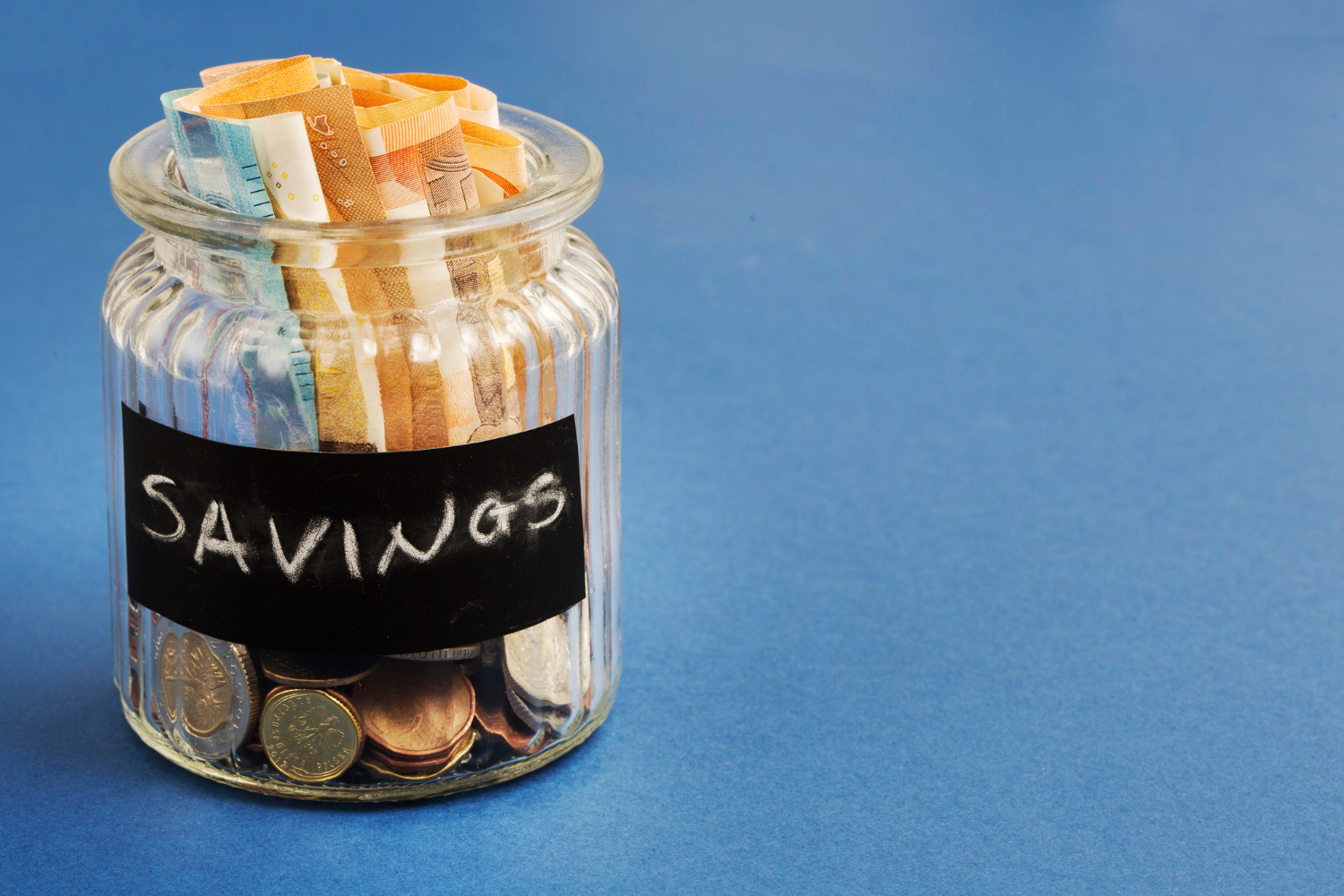The best places to save money safely and earn returns

Anúncios
Finding the right places to save money can significantly impact your financial growth and stability.
Whether you’re saving for an emergency fund, a major purchase, or long-term goals, the right strategy ensures your money is safe.
This guide explores various ways to save money, highlighting options that balance safety, flexibility, and returns.
What to consider when choosing a place to save money
Choosing the ideal place to save money requires careful analysis of aspects like accessibility, financial goals, timeline to achieve your objectives, and interest rates offered.
Evaluating these factors is essential to maximize benefits and minimize risks.
Access to withdrawals
The speed at which you can access your money matters, especially if you’re saving for emergencies or short-term needs.
Options like high-yield savings accounts or money market accounts provide easy access, while investments like CDs or Treasury bills may limit liquidity for a set period.
For emergencies, always prioritize accounts with low withdrawal restrictions.
Your goal and timeline
Your goals significantly influence the methods to save money. For short-term goals like vacations or weddings, prioritize liquidity and safety.
For long-term goals like retirement or buying a house, higher-yield accounts and investments that lock your funds for a while are more suitable.
Interest rates
The interest rate directly affects how much your savings will grow.
Places to save money, like high-yield savings accounts or CDs, often offer competitive rates, making them more profitable than traditional savings accounts.
Always compare Annual Percentage Yields (APY) to find the most beneficial option for your savings.

Places to save money
There are several options for saving money, each offering unique advantages depending on your financial needs and goals.
Here’s a breakdown of some of the most effective choices:
High-yield savings account
High-yield savings accounts are offered by many online banks and provide significantly higher APYs compared to traditional savings accounts.
These accounts are federally insured (by the FDIC for banks and NCUA for credit unions), ensuring your deposits are protected up to $250,000.
High-yield accounts are ideal for building an emergency fund or saving for short-term goals.
They combine security with accessibility, often allowing you to withdraw funds without penalties. Look for accounts with minimal fees and competitive rates to maximize your gains.
Certificate of Deposit (CD)
Certificates of Deposit are time-based savings instruments where you agree to leave your money untouched for a specific period in exchange for higher interest rates.
Terms typically range from a few months to several years, with longer terms offering higher rates.
CDs are excellent for those with fixed savings goals and no immediate need for access to their funds.
However, be cautious of early withdrawal penalties, which can reduce your gains if you need the money before the CD matures.
Money market account
Money market accounts combine features of savings and checking accounts.
They often offer higher interest rates than traditional savings accounts and allow limited withdrawals via checks or debit cards.
These accounts are ideal for savers who want a balance between earning potential and liquidity.
They work well for medium-term goals or as a backup for your emergency fund.
Interest-bearing checking account
Though less common, some checking accounts offer interest on balances, combining transactional convenience with modest growth.
These accounts typically have stricter requirements, such as maintaining a high minimum balance, to qualify for interest.
Interest-bearing checking accounts are suitable for those needing frequent access to their funds but still wanting their money to work for them.
Treasury Bills
Treasury bills (T-bills) are government-issued instruments that rank among the safest places to save money.
T-bills are short-term investments, maturing in one year or less, while Treasury bonds offer long-term options with maturities up to 30 years.
T-bills are particularly appealing to risk-averse investors who prioritize safety over high returns.
They offer predictable growth and are exempt from state and local taxes, further enhancing their appeal.
Short-term bonds
Short-term bonds, including corporate or municipal bonds, are excellent options for those seeking higher returns without long-term commitments.
These bonds typically mature in one to five years and provide consistent interest payments.
Short-term bonds are suitable for conservative investors looking to diversify their savings while avoiding the risks associated with stocks or other volatile investments.

Which accounts are FDIC insured?
The Federal Deposit Insurance Corporation (FDIC) is a U.S. government agency that insures deposits at participating banks.
It provides protection of up to $250,000 per depositor, per bank, and per ownership category.
FDIC insurance covers accounts like savings, checking, money market accounts, and CDs. Investments like stocks, bonds, and mutual funds are not covered as they involve market risks.
When choosing where to save, ensure your bank is FDIC-insured to guarantee the safety of your deposits.
You can verify this by checking the bank’s website or using the FDIC’s BankFind tool. Choosing the best places to save money is essential for achieving your financial goals.
From high-yield savings accounts to Treasury bills, each option offers unique benefits tailored to different needs.
Always evaluate factors like accessibility, interest rates, and FDIC insurance to ensure your money is safe and working efficiently for you.
For more insights on ways to save money and maximize your financial potential, explore our site for tips and strategies. Take control of your savings journey today!





